1. KISS
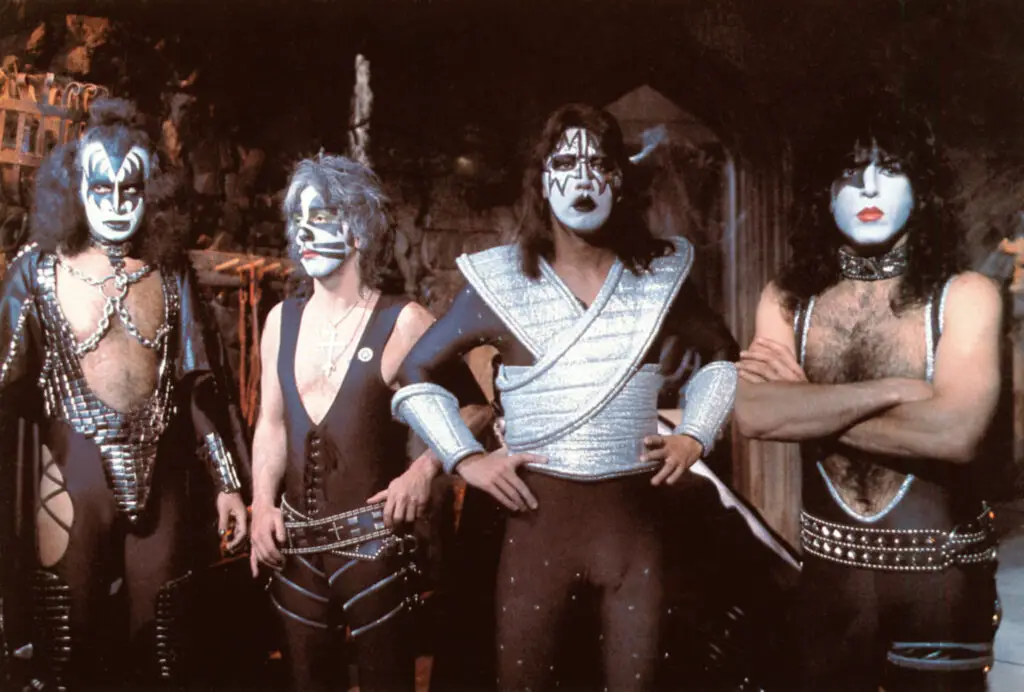
KISS is an iconic band, but their detractors argue that their music takes a backseat to their brand. The face paint, merchandise, and elaborate stage shows often overshadowed their songs, which critics describe as simplistic or gimmicky. While hits like “Rock and Roll All Nite” are classics, some see KISS as more of a marketing machine than a band. Still, their ability to create an unforgettable spectacle has cemented their place in rock history—for better or worse.
2. Nickelback
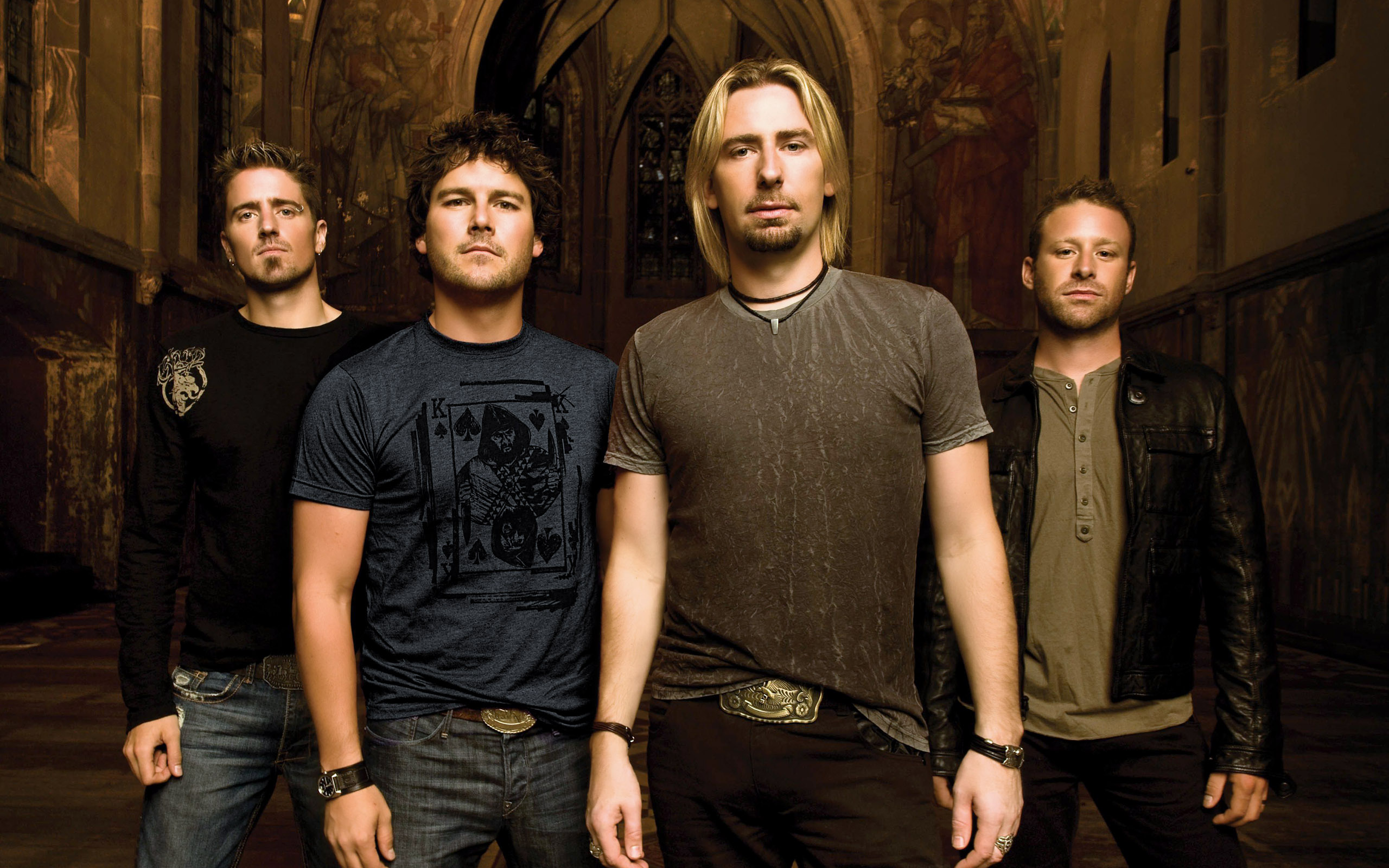
Ah, Nickelback. Few bands spark such immediate, visceral reactions. Despite selling millions of albums and churning out radio hits like “Photograph” and “Rockstar,” people love to hate them. The biggest gripe? Their music feels formulaic and overly commercial, making them the poster children for uninspired rock. Critics often complain that their lyrics lean too heavily into clichés, while Chad Kroeger’s growly vocals are divisive at best. Still, they seem to wear the hate like a badge of honor, proving there’s no such thing as bad publicity.
3. Limp Bizkit
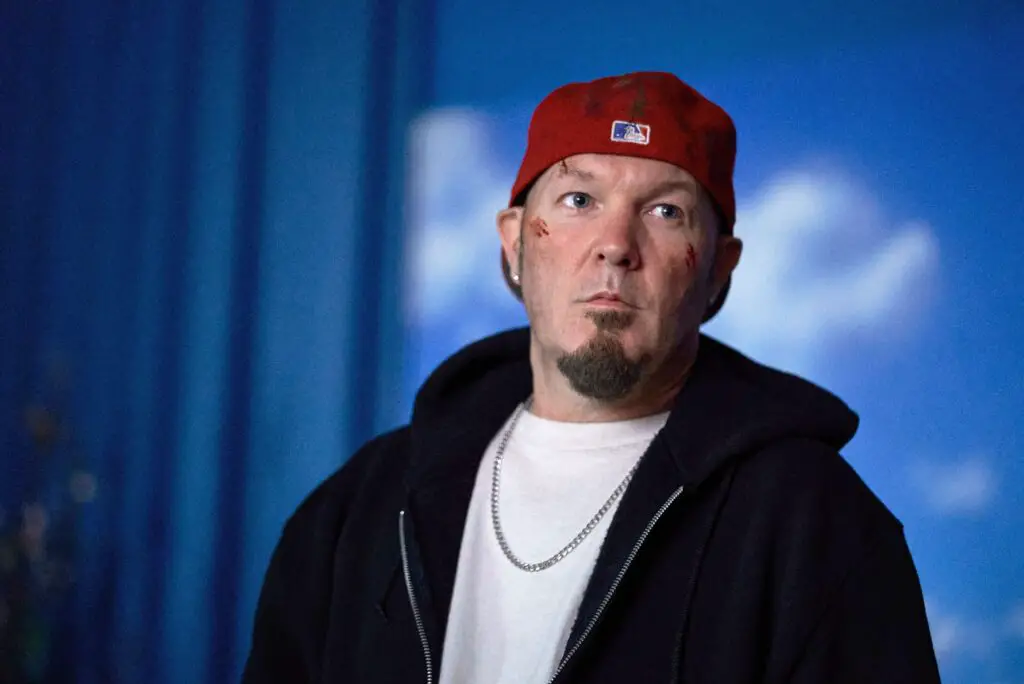
When you think of early 2000s nu-metal, Limp Bizkit likely comes to mind—for better or worse. Led by Fred Durst, their aggressive sound and frat-boy energy rubbed many the wrong way. Hits like “Rollin'” and “Nookie” were everywhere, but so was the backlash. Critics accused the band of glorifying immaturity and being emblematic of a more obnoxious era in rock. Whether it’s the in-your-face bravado or Durst’s infamous antics, Limp Bizkit remains a love-them-or-hate-them band, though their loyal fans refuse to back down.
4. Creed
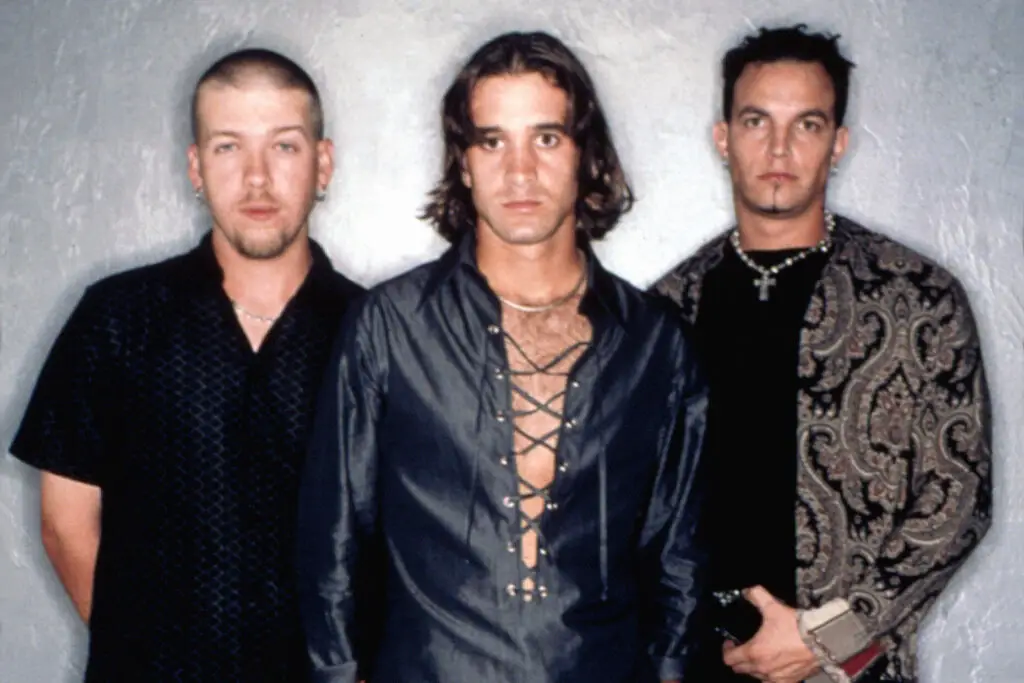
Creed had a meteoric rise in the late ’90s and early 2000s with anthemic hits like “With Arms Wide Open” and “Higher.” Yet, for all their success, they quickly became a punchline. Critics point to their overly earnest lyrics, which many view as melodramatic and self-important. Scott Stapp’s dramatic, Eddie Vedder-esque vocal style didn’t help their case either, as it felt like a grunge knockoff. While Creed undeniably struck a chord with listeners, their polarizing sound ensured they’d be stuck in the “most hated” conversation forever.
5. Insane Clown Posse (ICP)
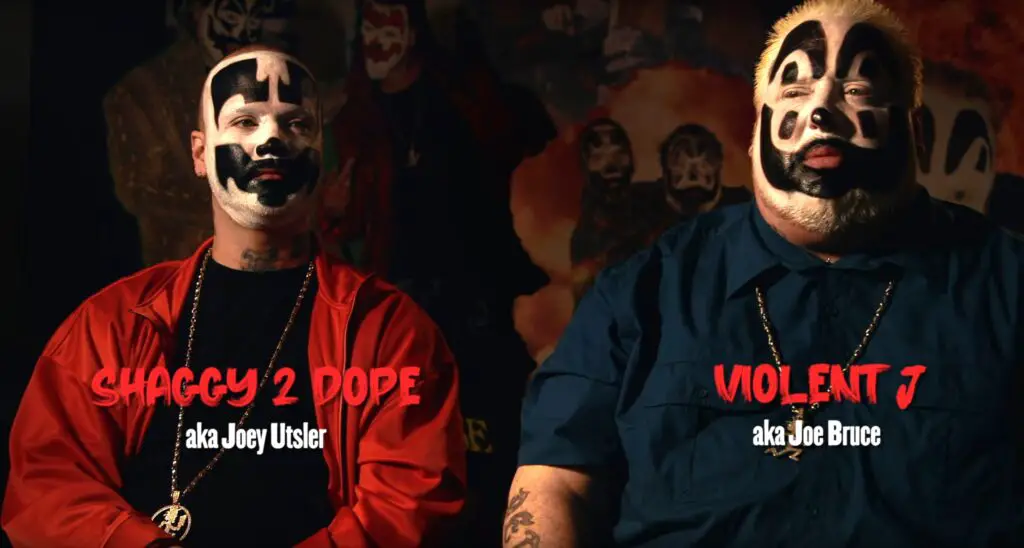
ICP isn’t just a band—they’re a cultural phenomenon with one of the most fiercely loyal fanbases, the Juggalos. But their clown-themed rap-rock aesthetic and outlandish personas have earned them plenty of ridicule. Critics often dismiss their music as juvenile and crass, while their theatrics come off as more gimmick than artistry. Even so, their outsider status and DIY attitude have helped them build a countercultural empire. Whether you think they’re misunderstood geniuses or musical chaos incarnate, ICP is impossible to ignore.
6. Maroon 5
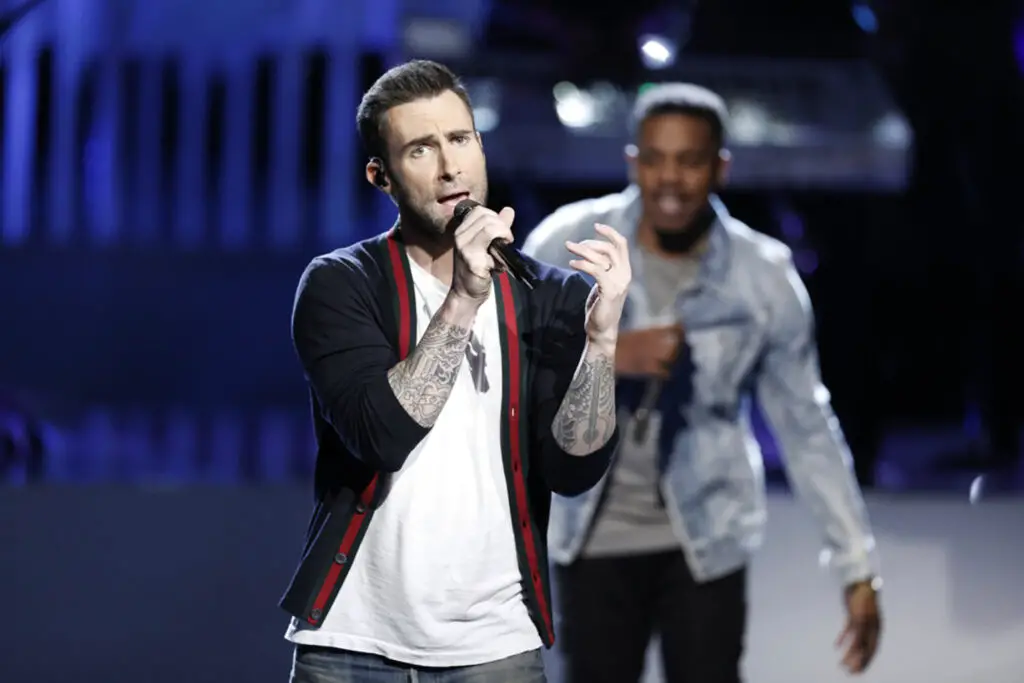
Maroon 5 started strong with their debut album Songs About Jane, but as their sound shifted toward mainstream pop, so did the backlash. Critics argue that their music has become increasingly generic, designed purely to dominate the charts rather than innovate. Adam Levine’s omnipresence—from his unmistakable falsetto to his time on The Voice—has also rubbed people the wrong way. Their sugary, radio-friendly hits like “Girls Like You” are undeniable earworms, but they’ve left many yearning for the band’s earlier, more soulful days.
7. Imagine Dragons
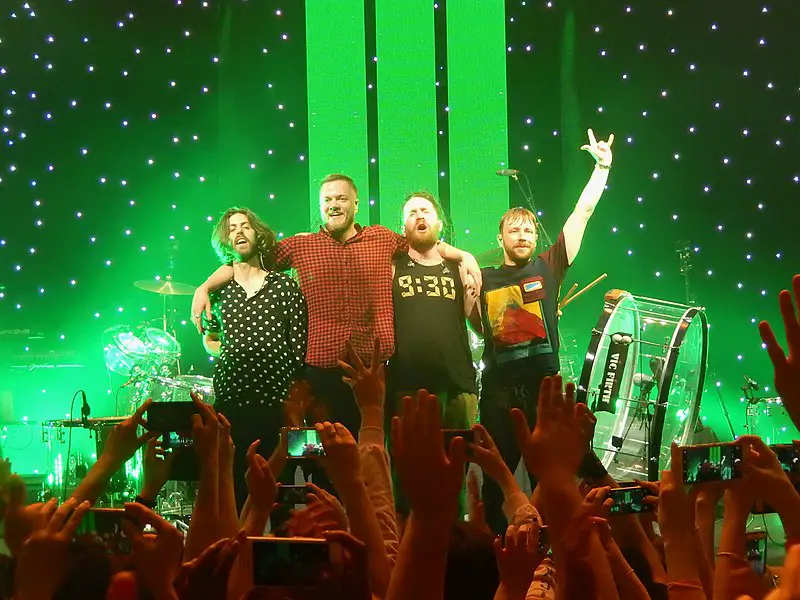
Imagine Dragons seem to have perfected the arena-rock formula, but their success has come with a price. Tracks like “Radioactive” and “Thunder” are stadium staples, yet critics often slam the band for producing music that’s overly polished and repetitive. Their anthemic style feels tailor-made for commercials and movie trailers, which only fuels the accusations of being soulless or inauthentic. Despite the hate, they’ve built an empire of fans who live for their bombastic energy—proving that divisive doesn’t always mean unpopular.
8. Train
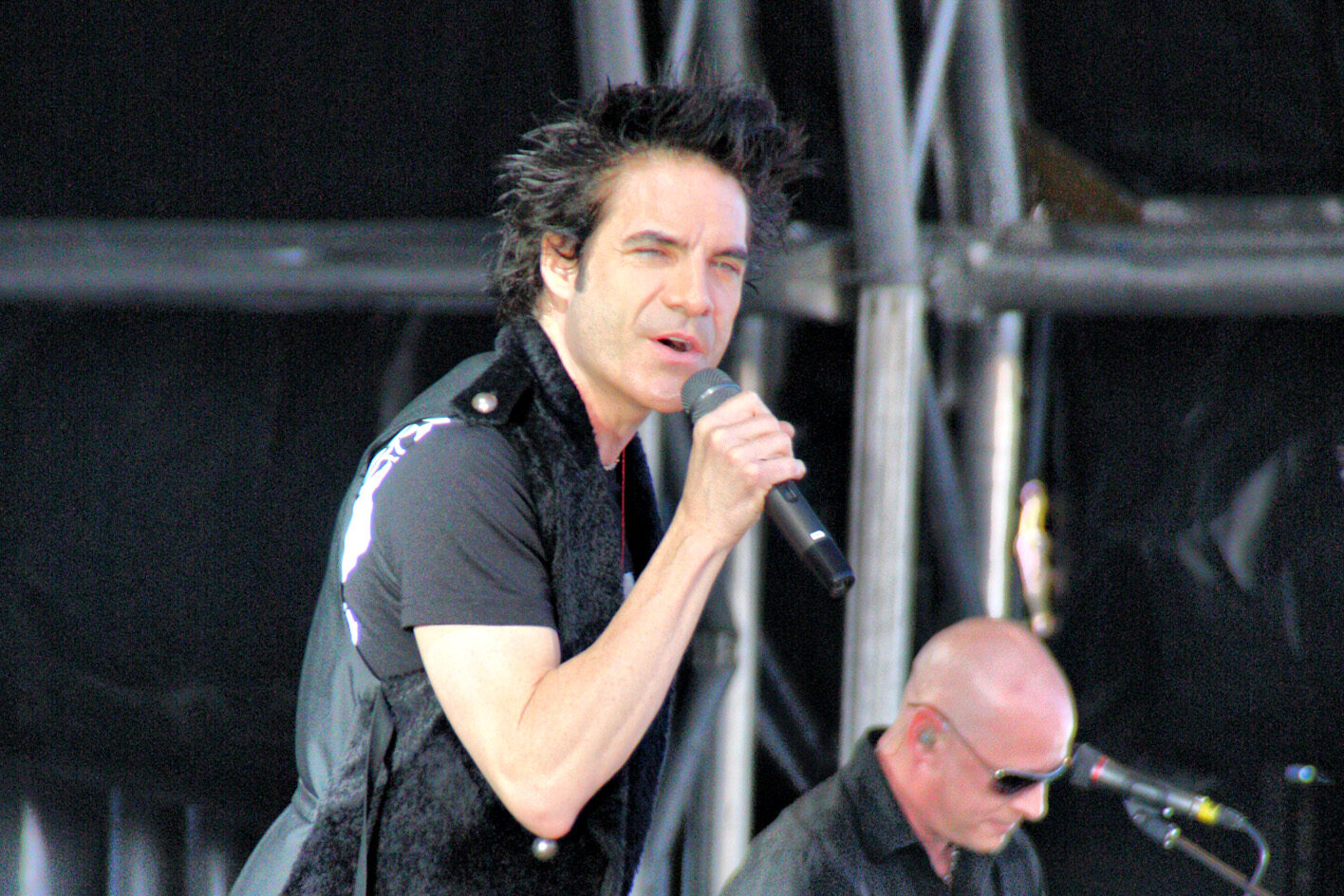
Train is the band equivalent of that one corny uncle who tells dad jokes—you can’t help but cringe, even if they mean well. Songs like “Hey, Soul Sister” and “Drops of Jupiter” are undeniably catchy, but their sugary-sweet lyrics and folksy-pop style have drawn major ire. Critics often see Train as the epitome of bland, safe music designed to play in coffee shops and waiting rooms. Still, for every eye-roll they inspire, there’s someone out there belting their songs in the car with zero shame.
9. Blood on the Dance Floor
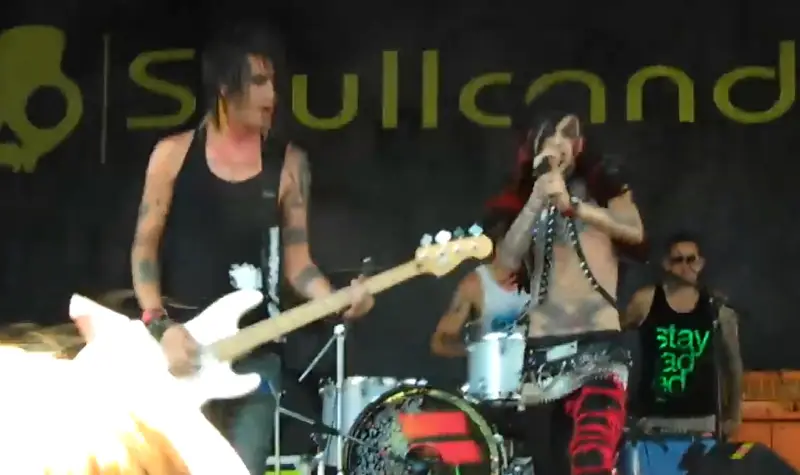
Few bands are as widely reviled as Blood on the Dance Floor. Known for their electronic-emo sound and provocative lyrics, they attracted plenty of controversy both musically and personally. Critics found their music cringeworthy and unoriginal, while frontman Dahvie Vanity’s behavior offstage only added fuel to the fire. For many, the band became a symbol of everything wrong with the mid-2000s emo scene. While they had a niche following, their legacy remains tainted by equal parts disdain and scandal.
10. Five Finger Death Punch
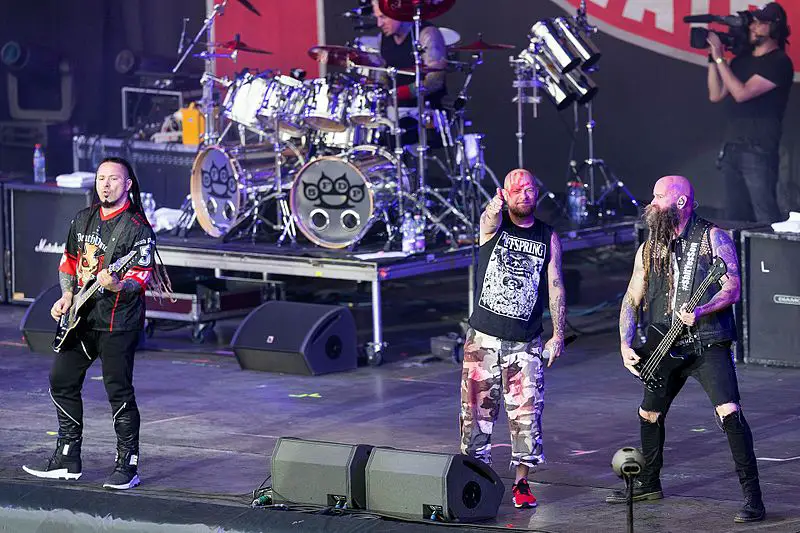
Five Finger Death Punch has a dedicated fanbase, but they also have a lot of detractors. Their brand of metal is loud, aggressive, and unapologetically macho, which turns off listeners who find their sound one-dimensional or crass. Critics often slam their lyrics for being overly simplistic, relying heavily on themes of rage and rebellion. Still, the band thrives on its ability to rile people up, proving that sometimes being hated means you’re doing something right.
11. The Chainsmokers

The Chainsmokers burst onto the scene with EDM bangers like “Closer” and “Roses,” but their meteoric rise brought a wave of backlash. Many see their music as generic, formulaic, and lacking depth. Their party-boy personas and often tone-deaf interviews haven’t done them any favors either. Despite the hate, they’ve managed to dominate charts and festivals worldwide, showing that mass appeal doesn’t always win over critics.
12. Black Veil Brides
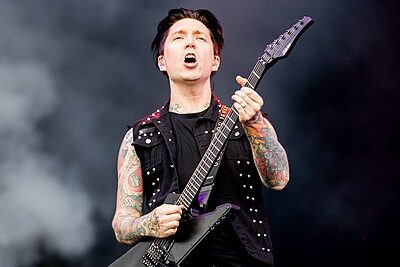
Black Veil Brides gained popularity with their theatrical, goth-inspired look and emo-metal sound, but they’ve also been a magnet for criticism. Detractors argue their music leans too heavily on style over substance, while others see their sound as derivative of more established metal acts. Frontman Andy Biersack’s dramatic aesthetic only adds to their polarizing nature. Still, their loyal fanbase adores them, proving that sometimes the outcasts have the loudest voice.
13. Brooks & Dunn
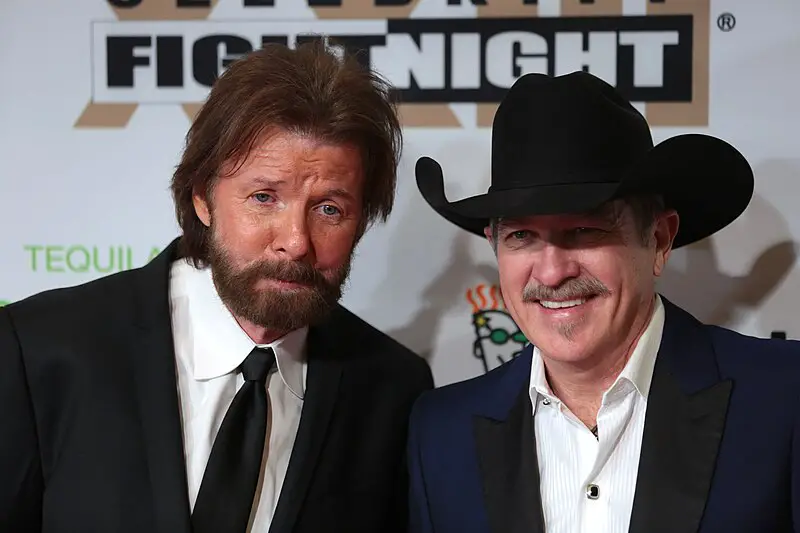
While Brooks & Dunn are country legends, their commercial success has made them divisive among purists. Critics argue that their brand of country-pop veers too far into mainstream territory, diluting the genre’s authenticity. Hits like “Boot Scootin’ Boogie” and “Red Dirt Road” are undeniably catchy, but for traditionalists, they represent a shift toward style over substance. Love them or hate them, they’ve left an indelible mark on modern country.
14. Mötley Crüe
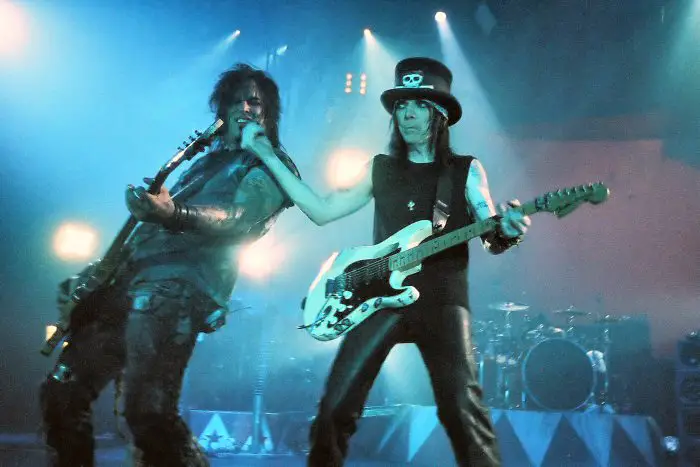
Mötley Crüe is legendary, but their over-the-top antics and hedonistic image have earned them plenty of haters. Musically, some dismiss their glam-metal sound as shallow or dated, and their lyrics often come under fire for being crass or misogynistic. Offstage, the band’s wild lifestyle overshadowed their artistry for many. Still, they remain icons of an era where excess was king, leaving behind a legacy that’s both revered and reviled.
15. Puddle of Mudd
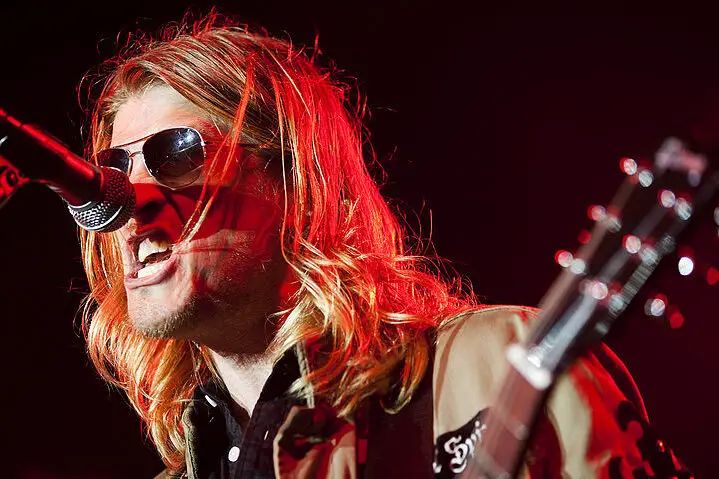
Puddle of Mudd achieved early success with grunge-inspired hits like “Blurry,” but they quickly became a target for criticism. Critics argue that their music lacks originality, feeling like a weaker echo of Nirvana and other ’90s grunge acts. Frontman Wes Scantlin’s troubled personal life and questionable live performances only amplified the backlash. Despite the hate, their early hits remain nostalgic for fans of the post-grunge era.
16. Good Charlotte
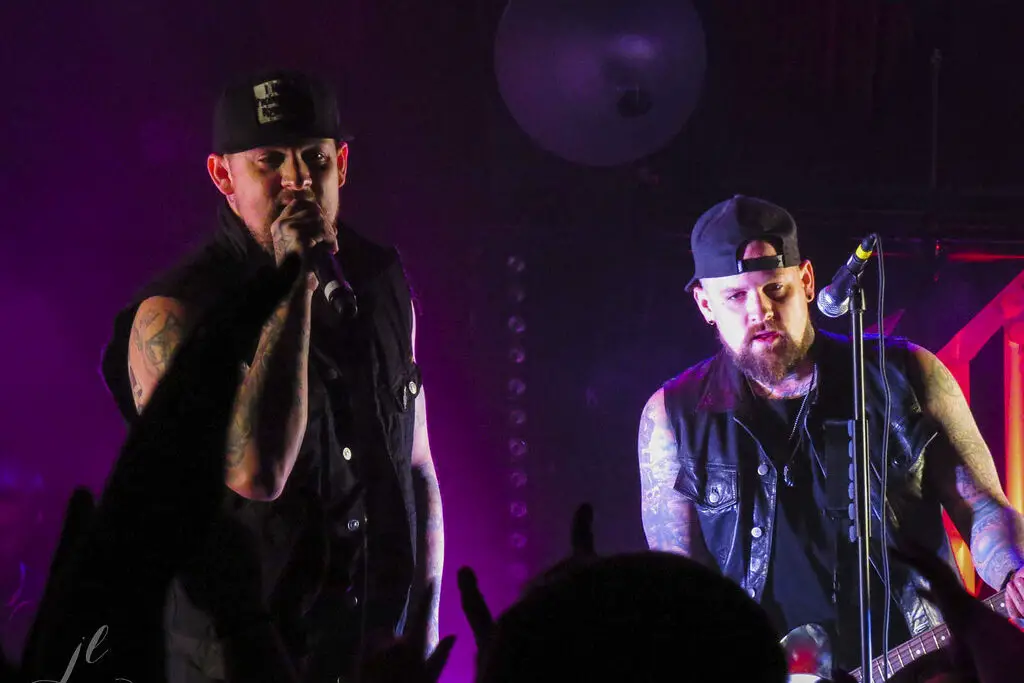
Good Charlotte defined a generation of pop-punk, but their success came with its fair share of criticism. Detractors argue that their music is too polished and commercialized, lacking the raw edge of their punk predecessors. Tracks like “Lifestyles of the Rich & Famous” felt relatable at first, but their appeal faded for many as they became seen as teen-friendly, mall-punk fare. Still, their influence on early 2000s pop-punk culture can’t be denied.
17. Phish
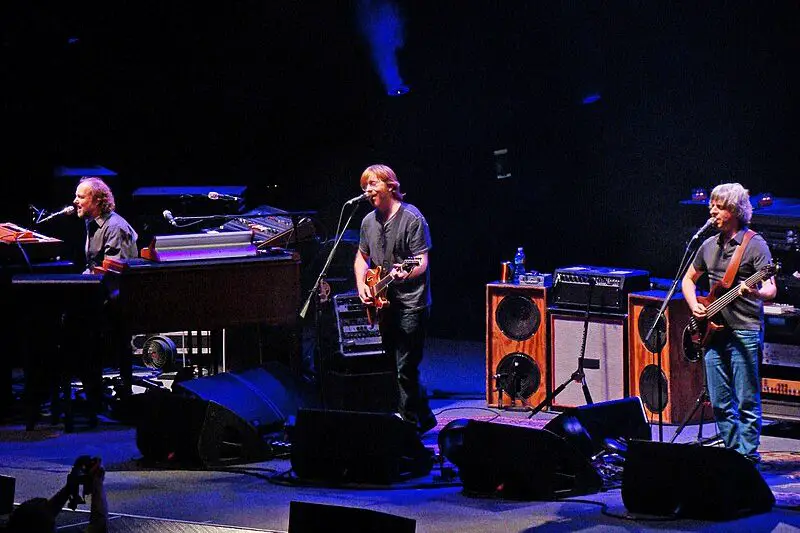
Phish is beloved by their die-hard fans but baffling to others. Known for their lengthy jam sessions and improvisational style, they’ve been accused of being self-indulgent or monotonous. Critics find their songs aimless, while their fans revel in the live experience. For Phish, it’s less about radio hits and more about community and musicianship, making them a love-it-or-hate


